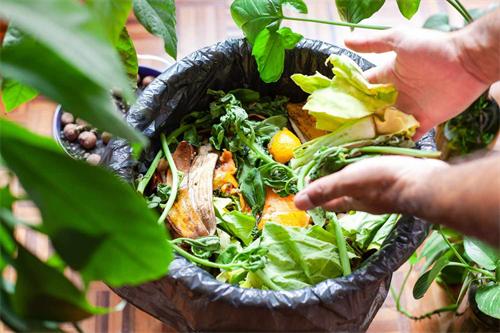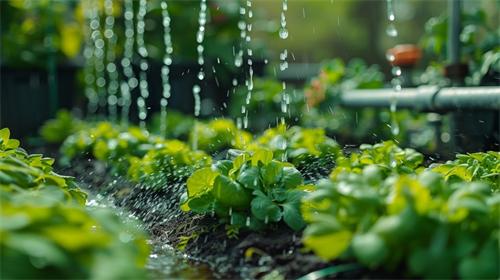
Compost tea is a living brew teeming with beneficial microorganisms and soluble nutrients extracted from well-prepared compost. With simple equipment and minimal space, you can cultivate this “probiotic” for your soil, stimulating healthier root systems and more vigorous plant growth.
The Benefits of Compost Tea
A varied population of bacteria, fungus, protozoa, and nematodes are delivered by compost tea, and they cooperate to release nutrients and inhibit soil pathogens. These microorganisms enhance nutrient cycling by breaking down complex organic matter into plant-available forms, improving both fertility and structure of potting mixes. Regular application can increase root biomass, leading to stronger, more resilient plants that are better able to withstand pests and environmental stresses. Furthermore, applying compost tea as a foliar spray can introduce beneficial microbes directly to leaf surfaces, helping to reduce diseases such as powdery mildew and leaf spot.
Gathering Your Ingredients and Equipment
The cornerstone of a successful brew is quality, chlorine-free water—rainwater or well water is ideal, because municipal supplies often contain chlorine or chloramine, which can kill beneficial microbes. To neutralize residual chlorine, simply let tap water sit uncovered for 24–48 hours or aerate it vigorously with an air pump before use. Next, choose a mature, fully decomposed compost rich in microbial life; vermicompost from worm farms is especially potent due to its high microbial density. For aerated brewing, you’ll need an aquarium air pump, tubing, and a porous mesh bag to contain the compost while allowing water circulation.
Brewing Compost Tea on Your Windowsill
Start by filling a clean five-gallon bucket with dechlorinated water and suspending your compost-filled mesh bag in the water. Add a microbial food source—such as unsulphured molasses or humic acid—to feed bacteria and protozoa during the brew. Maintain aerobic conditions by submerging an air stone from your aquarium pump; constant aeration for 24 to 48 hours encourages rapid microbial development while preventing the establishment of dangerous, anaerobic bacteria. Keep the bucket on your windowsill where it receives indirect light and a stable temperature between 65–75°F (18–24°C) for optimal microbial activity.
Once bubbling ceases—typically within 24–48 hours—your compost tea is teeming with life and ready to use. Apply immediately as a soil drench by pouring the liquid around the base of each plant, or use a garden sprayer to mist leaves for foliar feeding. For potted windowsill gardens, a weekly application can maintain a robust microbial community in confined soils, encouraging continuous nutrient cycling. Avoid storing leftover tea, as its microbial population will decline rapidly once aeration stops and oxygen is depleted.
Recommend:

10 Quintessential Prague Experiences

Pinky Beach: A Serene Oasis on Rottnest Island

Rooted in Rain: Cultivating a Lush Garden with Harvested Rooftop Water

Discover the Unparalleled Charm of Australia's Top Wine Regions

